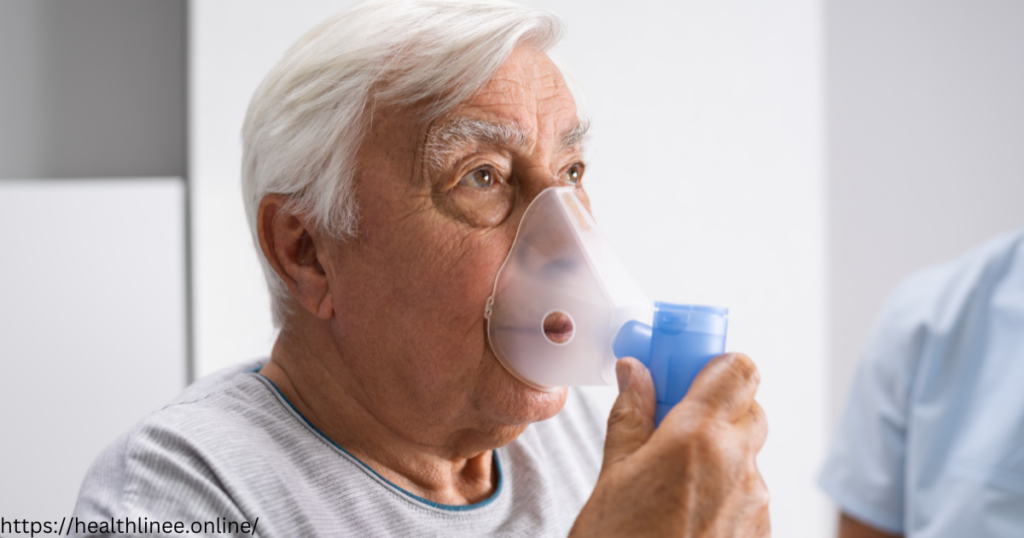COPD Introduction:
Discover the facts about Chronic Obstructive Pulmonary Disease (COPD), a chronic lung condition that poses significant challenges to breathing. As one of the leading causes of death in the United States, this disease affects over 16 million adults. With its irreversible lung damage, inflammation, and airway narrowing, COPD progressively worsens. However, through proper care and treatment, it is possible to effectively manage this condition. In this blog post, we will delve into the lifespan of COPD and explore various methods for managing its symptoms.

Stage 1: Mild COPD
Despite the absence of obvious symptoms, lung damage has already taken place. You may experience coughing, shortness of breath during physical activity, and excessive mucus production. Treatment involves crucial steps such as smoking cessation, exercise, and avoiding lung irritants.
Stage 2: Moderate COPD
At this stage, symptoms become more noticeable, including shortness of breath and persistent coughing. Engaging in daily activities like climbing stairs becomes challenging. Treatment may involve inhalers and pulmonary rehabilitation, which incorporates exercise and breathing techniques to effectively manage symptoms.

Stage 3: Severe COPD
Patients experience difficulty breathing with minimal physical exertion, low blood oxygen levels, and frequent exacerbations. Treatment involves the use of bronchodilators, inhalers, antibiotics, and oxygen therapy. In severe cases, surgical intervention may be necessary to remove damaged lung portions.
Stage 4: Very Severe COPD
Daily activities require oxygen supplementation, and additional symptoms such as fatigue, confusion, and depression may arise. In cases where treatments fail or the disease becomes unmanageable, a lung transplant may be the last resort.
Conclusion:
To improve COPD patients’ quality of life and increase their lifespan, it is crucial to prioritize proper management. Understanding the progressive nature of the disease and its various stages allows for effective management to a certain extent. If you or someone you know is exhibiting symptoms of COPD, immediate medical attention is vital. Working closely with a doctor, quitting smoking, and avoiding lung irritants can significantly improve your condition. Don’t wait – take action now to take control of your COPD journey.LEARN MORE
Comments
2 responses to “Understanding COPD: A Guide to Improving Your Quality of Life”
[…] Understanding COPD: A Guide to Improving Your Quality of Life […]
[…] LEARN ABOUT COPD […]